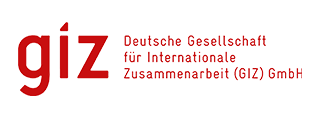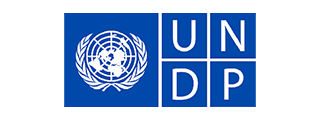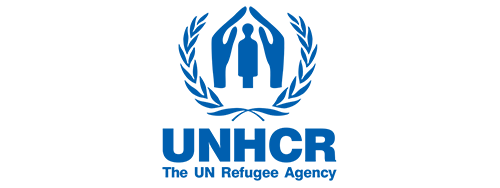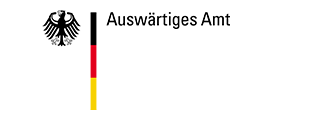Project
RAWABET
Location
City of Mosul, Iraq
Funding
Institut für Auslandsbeziehungen (IFA)
Partner organisation
Rusaz
Project manager
Ahmed Salahaldin
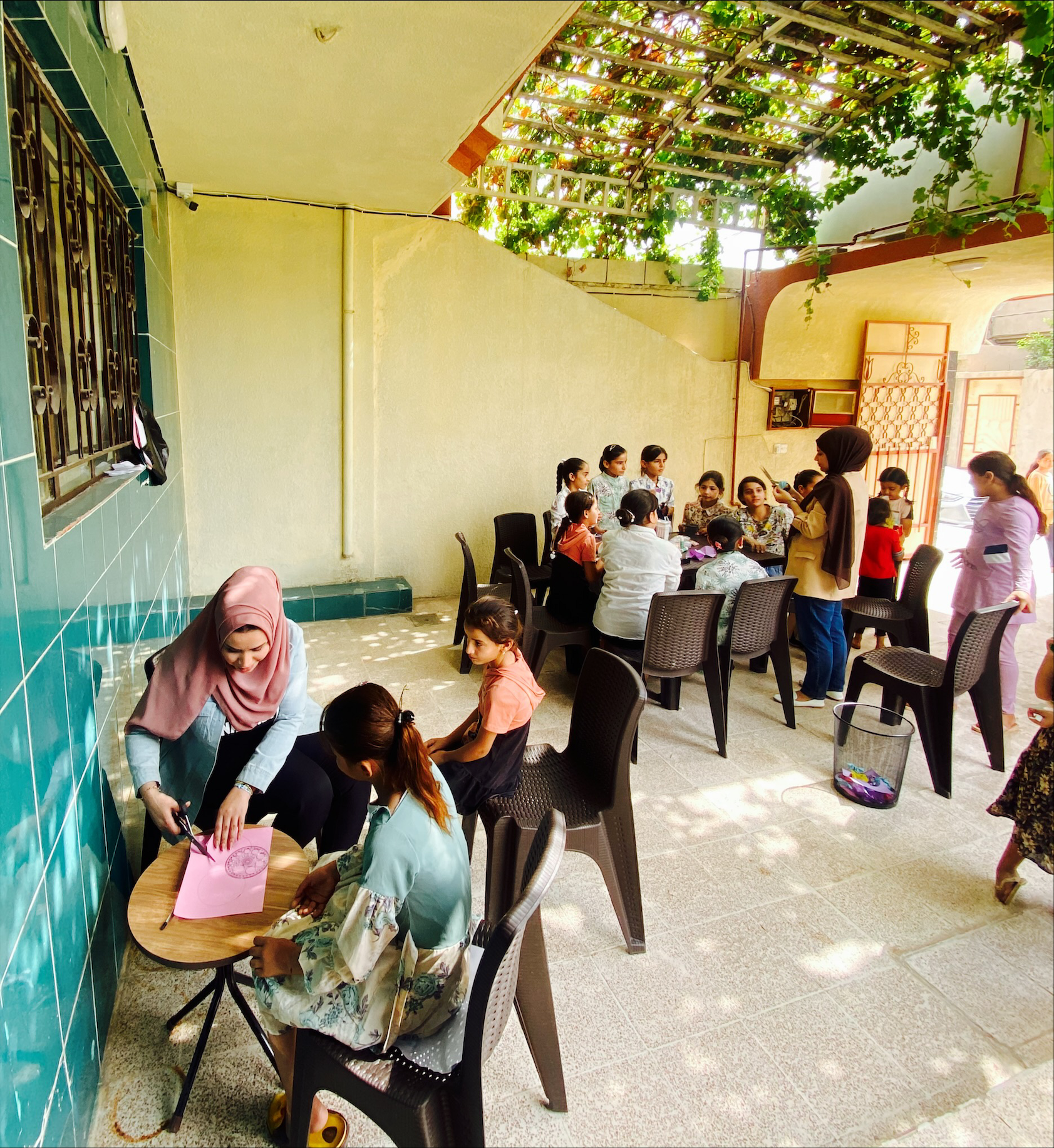
A society that has experienced a civil war faces major challenges in creating long-term peaceful coexistence. This also applies to Mosul, the capital of Nineveh Governorate in Iraq with an estimated population of over 1.7 million. The city was occupied in June 2014 by Islamic State (IS) militants, who established a repressive caliphate to control and repress the lives of citizens. Although the people of Mosul have felt a change since the liberation in 2017, their everyday lives have been severely affected and they are on a difficult road to recovery. The conflict has destroyed the city’s infrastructure, fractured collective identity and belonging, and undermined community trust, while people’s well-being has weakened under the weight of past traumas and current challenges. Today, five years after the conflict, community members’ social bonds and well-being are suffering despite reconstruction initiatives, highlighting the need for further support.
Interventions to promote mental health and well-being as a basis for strengthening psychosocial cohesion and peaceful community life are an important pillar. The goal of the Rawabet Project is to provide community members in Mosul with the opportunity to participate in psychosocial activities to strengthen their mental health and create a safe space in which they can interact with each other with trust and respect. In addition to individual therapeutic support for people with psychological problems, the core interventions of this project also include group therapy offers and community dialogues:
- The interpersonal therapy group intervention, promoted by the World Health Organisation for context with few specialist and unstable conditions, is facilitated with a focus on improving participants’ understanding of the interpersonal challenges that underlie or exacerbate their mental health problems and support them cope with life’s various difficulties.
- In Iraq, textile art is a culturally valued means of coping with difficult states of mind with grounding effect, stimulating psychological fulfilment through creation and social fulfilment through community work. In our Textile-art-therapeutic intervention, participants come together to process difficulties and reflect on their meaning and underlying causes as well as approaches to cope.
- As part of a nature-based therapeutic intervention, participants are given the opportunity to explore personal themes and strengths through individual and group activities in the natural environment and through the incorporation of objects and materials from nature.
- In the group activity “Body and Soul” the body is taken into account as a carrier of our emotions and life experience and body reactions to psychological issues as well as psychosomatic symptoms are evaluated and answered on with a strong focus on relaxation techniques. The gentle body work can be a kind of “door opener” to stimulate self- healing.
- Finally, community dialogues, are at the heart of the project, offering a structured and safe space for people to openly communicate on topics they find relevant. The participatory dialogues encourage community members to express empathy and mutual support, to recognize their mutual strengths and weaknesses and to be there for each other in order to solve the challenges they face in everyday life and in the community.


